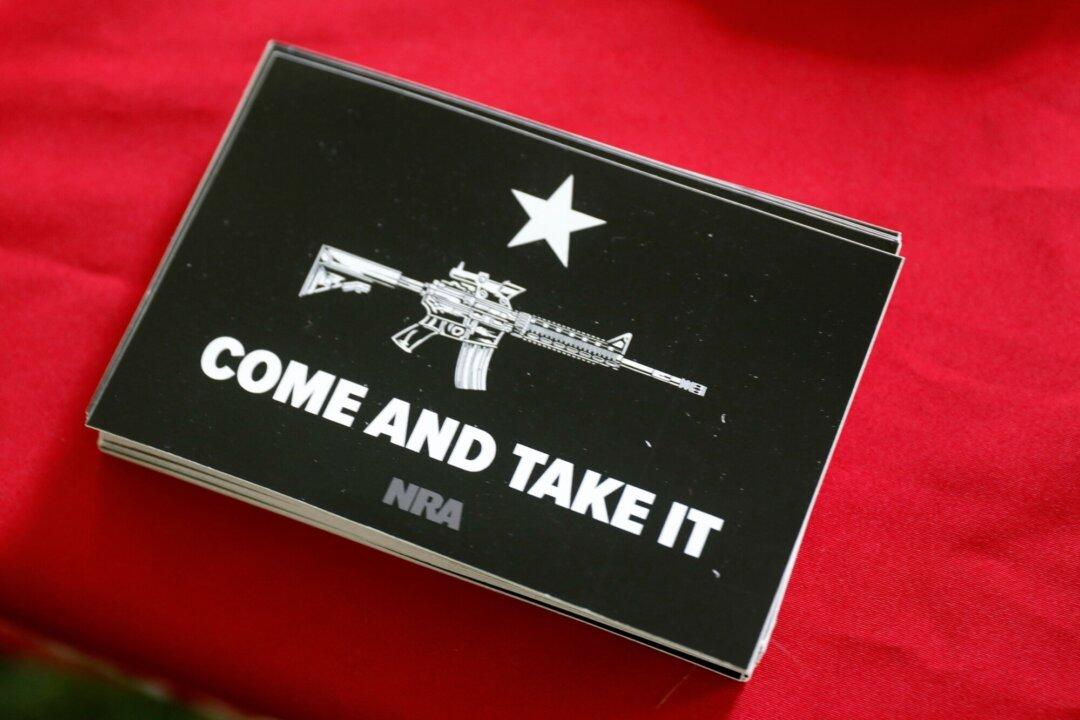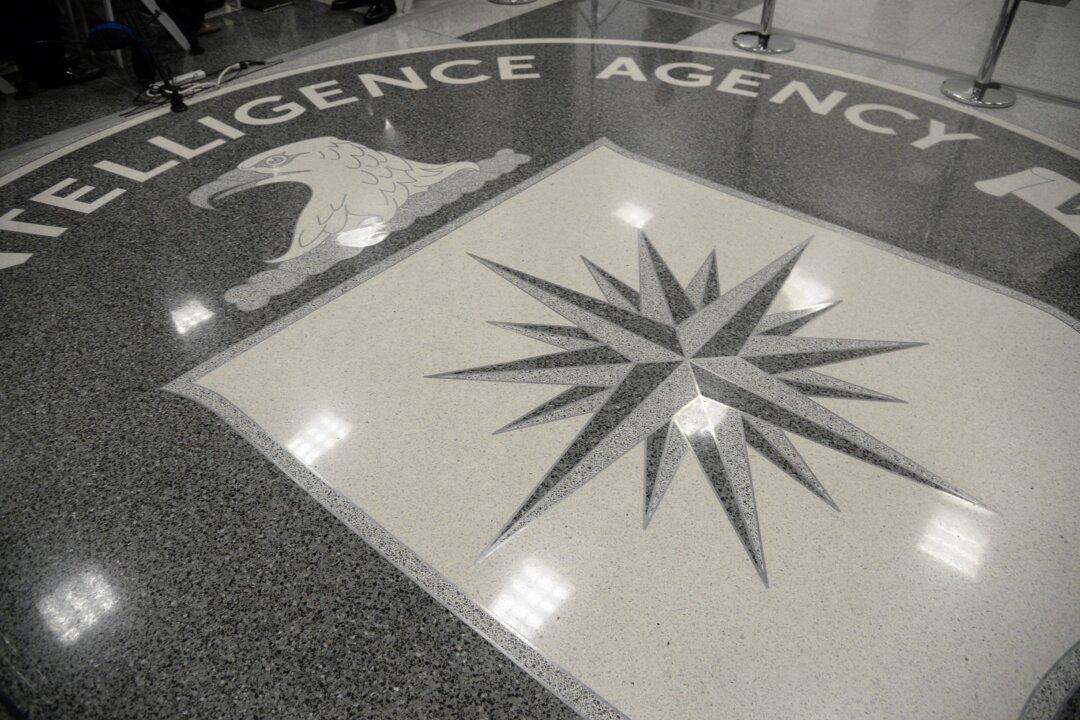A group of 81 Republican lawmakers is calling on the U.S. Supreme Court to side with the National Rifle Association in a lawsuit alleging the New York Department of Financial Services (DFS) has wrongfully pressured financial institutions to sever ties with the gun rights advocacy group.
The NRA, which is represented by the American Civil Liberties Union (ACLU) in the lawsuit, alleges former DFS Superintendent Maria Vullo engaged in pressure tactics to scare off banks and insurers that had partnered with the NRA. The NRA argues these efforts by Ms. Vullo constituted government action to penalize and silence disfavored speech, and should be seen as an unconstitutional violation of the gun rights group’s free speech rights under the First Amendment.





